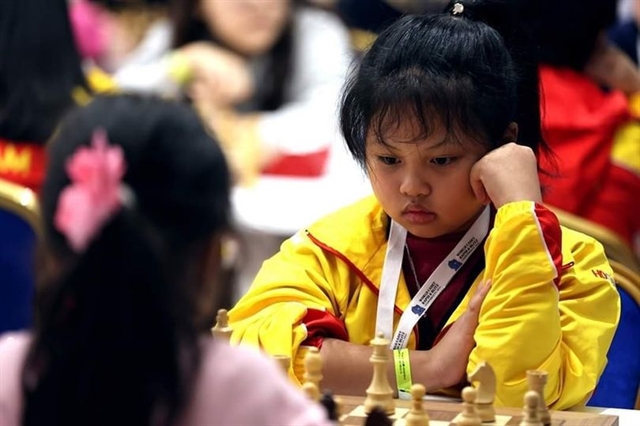 Opinion
Opinion

Deputy Minister of Health, Nguyễn Trường Sơn, talks about revised health ministry guidelines on the mandatory quarantine period and details of a pilot home-quarantine scheme for people who come into direct contact with confirmed COVID-19 cases.

|
| Deputy Minister of Health, Nguyễn Trường Sơn, talks about revised health ministry guidelines on the mandatory quarantine period and details of a pilot home-quarantine scheme for people who come into direct contact with confirmed COVID-19 cases. |
Is the shortening of hospitalisation time for COVID-19 patients, who will then be allowed to self-quarantine at home, based on scientific evidence and actual conditions? How has the Ministry of Health developed these new guidelines?
The number of new COVID-19 cases has increased rapidly in many localities. HCM City alone recorded over 16,000 cases and the number is forecast to continue increasing in the next few days. This has put huge pressure on medical staff and facilities in treating COVID-19 patients. In fact, field hospitals, medical establishments and hospitals in the city assigned to treat COVID-19 patients all are full with patients.
The implementation of home quarantine for COVID-19 patients after 10 days of treatment at hospitals, on a trial basis, is based on a survey which revealed that around 70-80 per cent of recent COVID-19 patients do not have any symptoms.
The World Health Organisation also advised that treatment time for COVID-19 patients at medical centres could be reduced.
As a result, the Ministry of Health, on July 14, issued a document guiding localities to isolate COVID-19 patients at home after being treated at hospitals/medical facilities.
The implementation of home quarantine for COVID-19 patients has some advantages such as reducing the number of COVID-19 patients gathering at field hospitals, relieving increasing pressure on treatment facilities, and patients are more comfortable in their own homes. But are there any risks?
The home-quarantine of COVID-19 patients after shortening hospitalisation times was introduced by the Ministry of Health based on practical and scientific grounds. The most essential condition is to ensure the safety of the community.
According to the guidelines, those COVID-19 patients in treatment at hospitals/medical centres with no symptoms could be discharged ten days after admission when two consecutive COVID-19 tests (RT-PCR diagnosis, 24 hours or apart from each other) return negative. They can then self-isolate at home in line with regulations.
Those patients with low viral loads (cycle threshold – CT ≥ 30) can also be treated at home because the risk of infecting people is very low.
COVID-19 patients qualified to self-isolate at home will undergo medical supervision per regulations. At the same time, the Ministry of Health will give them instructions on self-monitoring their health, connecting with medical establishments and using medicinal products that will help to improve their resistance.
With guidelines from the Ministry of Health, we hope that COVID-19 patients will continue to be treated and supervised at home while feeling comfortable with their families, which will help them recover sooner.
Some COVID-19 patients had no symptoms, or mild symptoms, but their health conditions worsened quickly. How has the implementation of home-quarantine for COVID-19 patients taken this into account?
COVID-19 patients treated at home after being discharged from hospital will be carefully supervised and examined daily by medical workers via hotlines, and will have samples taken and tested regularly.
Local health systems play a very important role in supervising COVID-19 patients and direct contacts (F1 cases) of confirmed COVID-19 cases when they self-isolate at home.
We recommend that COVID-19 patients should not only be tested for SARS-CoV-2 after being discharged from hospital but also on other tests and other health parameters. We know that the viral load does not match the level of symptoms as well as the progress of the disease.
During the first 7 to 10 days of infection with SARS-CoV-2 virus, if showing symptoms, health conditions of some patients can deteriorate quickly. Therefore, the Ministry of Health suggests medical establishments watch these cases closely in the first ten days. — VNS







.jpg)

